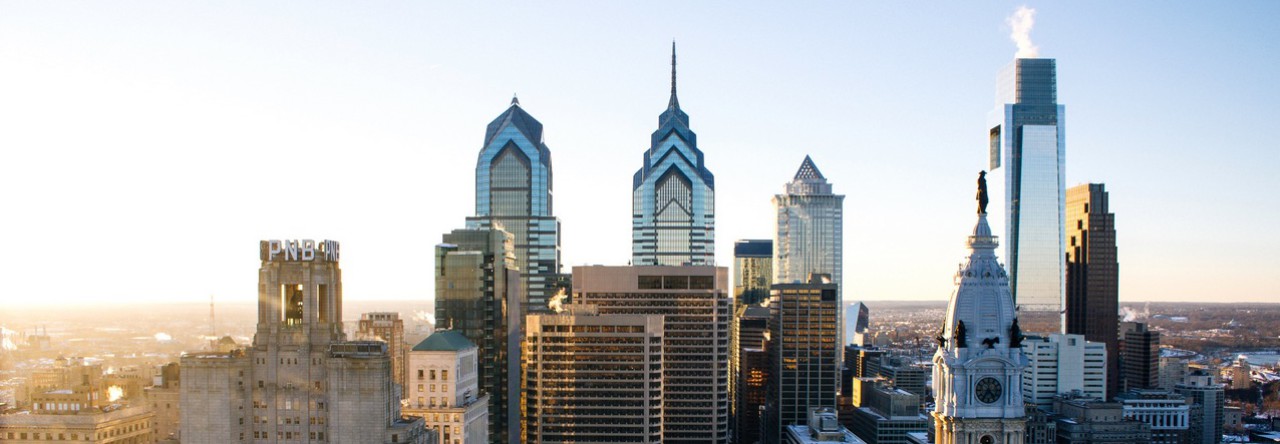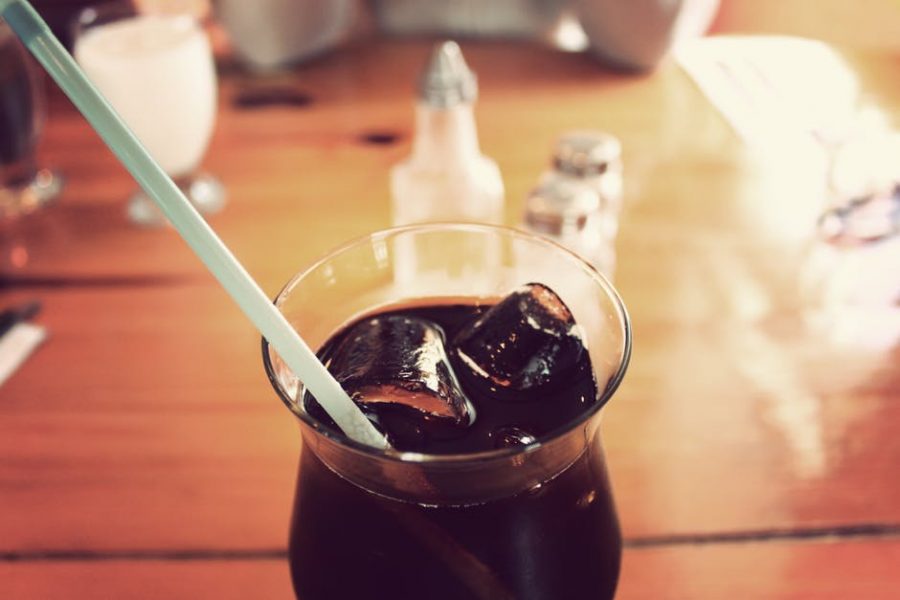As we discussed before it was passed, Philly’s tax on sodas and other sugary beverages is an attempt to kill two birds with one stone: increasing the wealth of a city that has been struggling fiscally for some time, while biting into the consumption of unhealthy drinks. Making soda and presweetened teas more expensive, of course, doesn’t make healthy alternative beverage options any cheaper.
Soda beverage sales have halved since the beginning of 2017 when the tax was enacted. Regardless of one’s feelings on the soda industry, the tax is not helping it or related industries in the Philadelphia area. It’s possible that customers really hit by “sticker shock” have been shopping for sweet drinks in bulk outside of the city. Major area distributor Canada Dry Delaware Valley has stated its intent to cut its workforce by 20% in March, and an owner of six ShopRites has been quoted saying he intends to lay off 300 workers. Neither actually specializes in soda, however.
Mike Dunn, the city spokesman, said, “We have no way of knowing if their sales figures and predicted job losses are anything more than fear-mongering to prevent this from happening in other cities.”
The mayor was even harsher, saying, “I didn’t think it was possible for the soda industry to be any greedier… They are so committed to stopping this tax from spreading to other cities,” continued Mayor Kenney’s statement, “that they are not only passing the tax they should be paying onto their customer, they are actually willing to threaten working men and women’s jobs rather than marginally reduce their seven figure bonuses.”
Companies aren’t actually required to convey the highest cost of soda to their customers – the tax affects distributors, who could, if they wished, leave the shelf price of soda where they sell it unchanged. However, most Philadelphia outlets, it seems, are trying to make things up by raising their sugary drink prices in accordance with the extra cost they have to pay because of the tax.
It’s clear from the mayor’s statements that the idea of the tax was to affect companies without harming consumers. It’s early days yet, but this may have been unrealistically optimistic. It’s also true, however, that companies that are swallowing the cost of the tax without complaint are not going to make the news. The effect of these more noble businesses, if they exist, is only going to be apparent in a difference in long term figures.
It’s worth noting that if the prices of taxed drinks really didn’t change for consumers, there is no reason to assume that their purchasing habits and diets would be affected, either. In that case, why tax unhealthy drinks? If people’s health isn’t going to be affected in any short-term sense, the only apparent result is to punish the manufacturers and distributors
So far, these are threats and predictions. It’s unclear as yet how things will actually shake out. Philadelphia’s soda tax is among only a few similar actions that are acting as tests cases of ideas like it for the rest of the nation and world. This early in, it’s still time to wait and see what the longterm effects will be.


